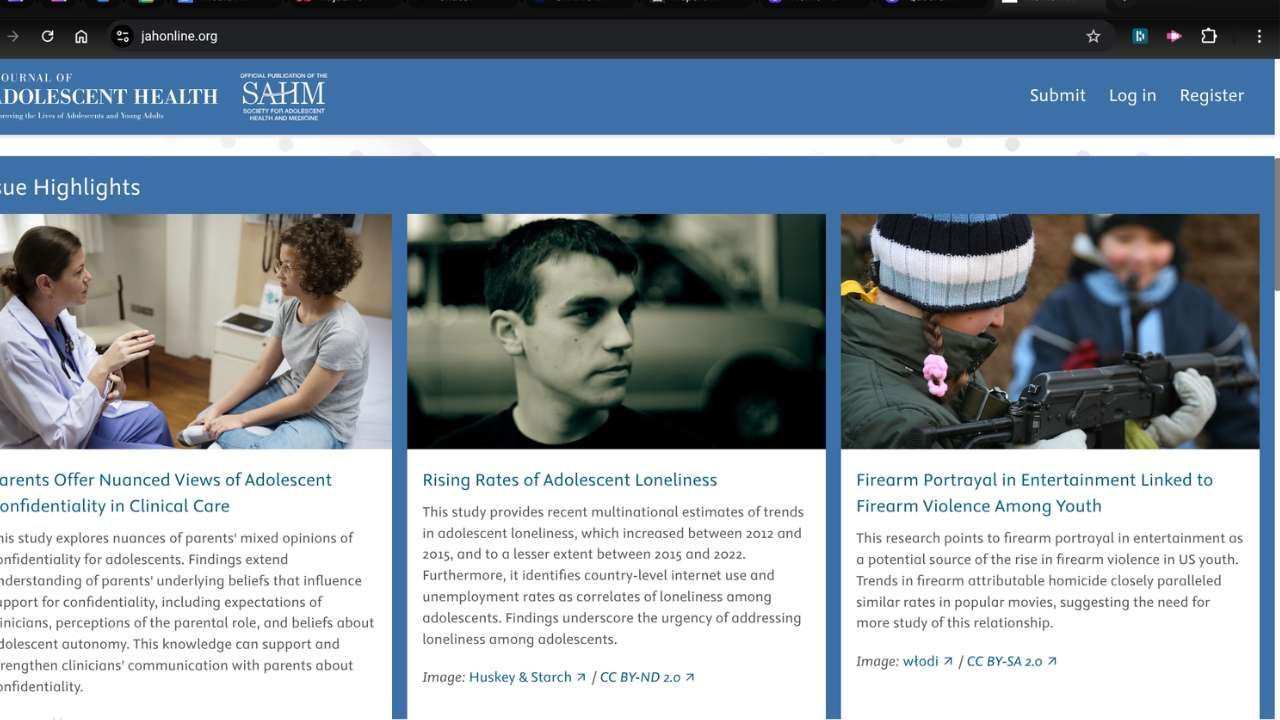Responding to the HHS Report: What the Critical Appraisal Tells Clinicians
Oct 20, 2025
In 2025, HHS released a report on treatment of pediatric gender dysphoria (i.e. adolescents) that heavily emphasizes psychotherapy over medical interventions. HHS.gov The Journal of Adolescent Health article “A Critical Scientific Appraisal of the Health and Human Services Report on Pediatric Gender Dysphoria” (Dowshen et al.) offers a clinician‑oriented critique of that HHS report. PubMed+1 This blog summarizes the key takeaways and offers guidance for prescribing clinicians navigating this politicized landscape.
Key Critiques from Dowshen et al.
-
Methodologic opacity and selective review
The authors highlight that the HHS report did not fully disclose authorship and that its methodology lacks transparency in selection criteria and risk-of-bias assessments. PubMed The appraisal argues that many relevant studies were excluded or downweighted without clear rationale. -
Mischaracterization of evidence strength
The HHS report labels many medical outcomes as “uncertain” or “very low quality,” but the appraisal stresses that this framing understates the consistency of observational data supporting benefits in mental health, quality of life, and reduced distress. PubMed+1 The appraisal points to existing longitudinal and cohort studies (some with multi‑year follow-up) that the HHS review either ignored or marginalized. -
Conflation of treatment pause with regret
Dowshen et al. emphasize that the HHS report inadequately distinguishes between temporary discontinuation of medical care (often due to barriers) and genuine regret. The appraisal warns that the HHS framing risks misinforming clinicians, patients, and policymakers. PubMed -
Ethics, autonomy, and decision-making marginalized
The appraisal critiques how the HHS report frames clinician gatekeeping and risk aversion as ethical imperatives, rather than acknowledging patient context, autonomy, and the ethical imperative to provide necessary medical care. PubMed -
Policies over patient care
Perhaps most sharply, the critical appraisal argues that the HHS report reads as a tool for policy restriction rather than for advancing clinical care. The paper cautions clinicians to be wary of letting political documents dictate care decisions in place of patient‑centered, evidence‑informed practice. PubMed
Implications for Prescribing Clinicians
-
Maintain clinical integrity: Use peer-reviewed literature and established guidelines (e.g. WPATH, endocrine society frameworks) as anchor points, not politicized reports. The Dowshen et al. critique strengthens our case that the HHS document is not a reliable clinical reference.
-
Guard against mis‑applications of risk framing: Recognize the difference between “lack of randomized trials” and “evidence of harm.” The appraisal demonstrates that many HHS judgments err by elevating the absence of certain evidence into a prohibition on care.
-
Document shared decision-making well: As external pressures intensify, rigorous documentation of informed consent, benefit-risk discussions, and patient goals will be vital for clinician protection, institutional review, and patient trust.
-
Support multidisciplinary collaboration: The appraisal reinforces that restriction of medical care in youth would force heavier reliance on psychotherapy alone as the “default” — an approach that may not meet the needs of many adolescents. Effective care demands that medical, behavioral health, and supportive services operate in concert.
-
Advocate using robust critique: Clinicians and professional organizations can lean on Dowshen et al. and similar appraisals to counter selective policy narratives, push back on bans, and support institutional protections for medical care access.
Caveats & Continuing Gaps
-
The appraisal does not offer novel empirical data; it is a meta‑critique. Thus, clinicians must continue to seek emerging primary research and long-term outcome studies.
-
Many excluded studies in the HHS report are themselves limited (small sample sizes, nonrandomized design). Dowshen et al. acknowledge that the evidence base is imperfect — but argue that the HHS report misrepresents the balance of evidence. PubMed
-
Political and legal pressures may evolve rapidly. Clinicians should stay current with both primary literature and policy shifts.
A Call to Clinicians
The Dowshen et al. critical appraisal is a clarion call: do not allow politicized, opaque documents to displace clinical judgment rooted in evidence, patient autonomy, and multidisciplinary care. In 2025 and beyond:
-
Continue offering thoughtful, patient-centered medical care for transgender adolescents.
-
Use critiques like this one to strengthen institutional and payer-level advocacy.
-
Engage in outcome research, open data sharing, and longitudinal monitoring to fill remaining evidence gaps.
-
Center respect, autonomy, and context in every clinical encounter — your role is not to protect, but to respect.
SUBSCRIBE FOR MONTHLY UPDATES
QueerCME distriputes a monthly newsletter which details our content updates. We also offer free live stream didactic sessions on topics in gender affirming healthcare, so we send out reminders around those as well.
We hate SPAM. We will never sell your information, for any reason.

